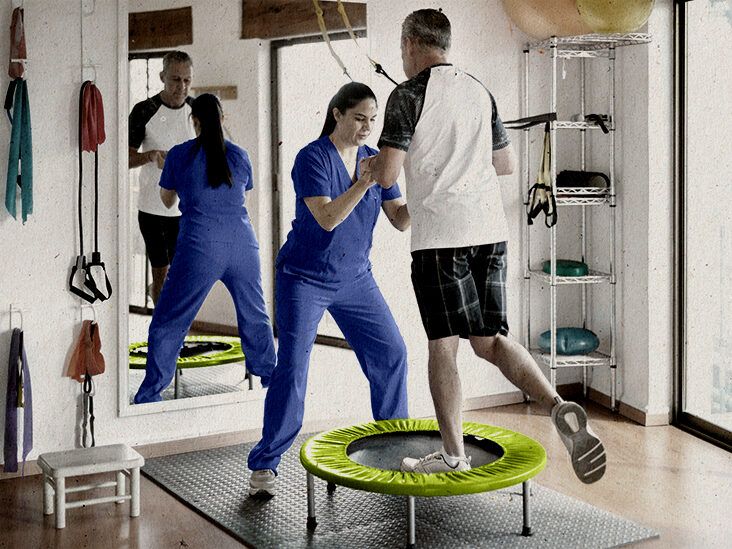The Essential Impact of Resistance Training on Improving Recovery and Effectiveness in Athletic Rehabilitation
The Essential Impact of Resistance Training on Improving Recovery and Effectiveness in Athletic Rehabilitation
Blog Article
Strength training plays a vital part in sports rehabilitation, assisting athletes recover from injuries and enhance their overall capabilities. When an individual gets hurt, their physique requires period to heal. However, during this rehabilitation period, it is crucial to maintain power and mobility to avoid further damages. Resistance training can be customized to suit the needs of each athlete, concentrating on specific muscular groups that may have been affected by the trauma. This targeted method not only assists in recovery but also readies the individual to return to their activity more robust than previously.
One of the main advantages of strength conditioning in rehabilitation is its capability to enhance muscular strength and stamina. When muscles are more powerful, they can better stabilize joints and minimize the risk of recurrence of injury. For example, an individual recovering from a knee trauma can benefit from workouts that strengthen the thigh muscles and hamstrings. These muscular tissues play a vital part in stabilizing the leg articulation. By including strength conditioning into their rehabilitation plan, athletes can recover their strength more effectively and safely.
In addition to developing strength, strength conditioning also improves mobility and scope click this link now of motion. Many injuries can result to stiffness in the injured area, causing it challenging for athletes to navigate freely. Strength conditioning exercises often include stretching and lengthening the muscular tissues, which can help reestablish mobility. For instance, adding weight bands or weights into flexibility routines can improve the efficacy of these exercises. As mobility enhances, athletes can execute actions more effectively, which is essential for peak performance in their sport.
Another crucial aspect of resistance conditioning in athletic rehabilitation is its positive impact on psychological well-being. Healing from an injury can be a challenging and frustrating process for individuals. Engaging in strength conditioning can offer a sense of achievement and boost confidence. As individuals see gains in their power and abilities, they may feel more motivated to persist their recovery process. This psychological uplift can be just as important as the physical benefits, as a optimistic attitude can lead to better results in rehabilitation.
Finally, strength training can assist individuals transition back to their activity more seamlessly. Once they have regained their strength and mobility, individuals need to practice activity-specific actions to ensure they are ready for contests. Resistance training can be combined with activity-specific exercises to create a holistic rehabilitation program. This blend allows individuals to not only recover but also improve their capabilities. By focusing on both recovery and capabilities, strength training becomes an crucial tool in the rehabilitation process, helping athletes come back to their sport stronger and more durable.